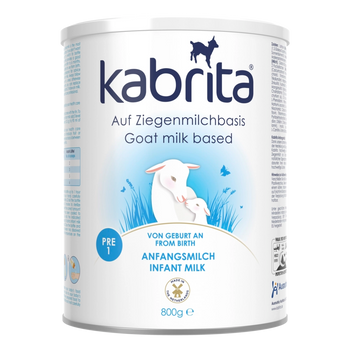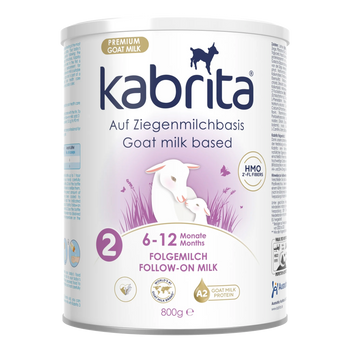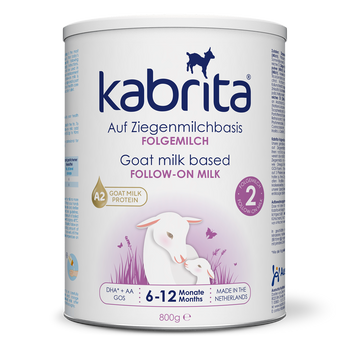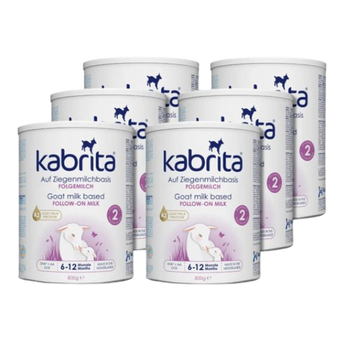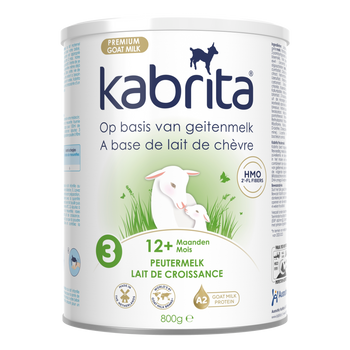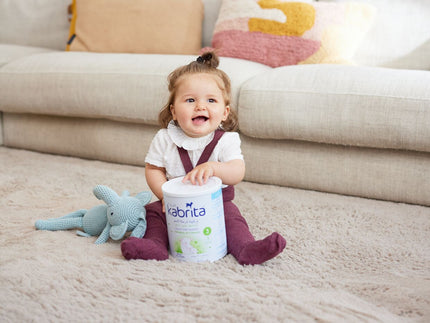Varied toddler nutrition

Why does my toddler require less calories?
After her first birthday you will probably notice that your toddlers appetite has dropped. This is caused by a slowed down growth rate. During the first year babies grow about 3 inches each quarter, but when your little one has past this first year the growth rate slows down to about 3 to 5 inches a year. This significant drop also affects your little ones energy requirements which will be much lower despite being more active. It will also cause your little one to be more picky about her diet. She will for instance turn her head after just a few bites or sometimes refuse to come to the dinner table at mealtime.
What should a varied diet look like?
The key to planning and preparing food for your toddler is to make sure they get a right balance of important nutrients, such as vitamins, minerals, carbohydrates, fats and protein. These nutrients support your toddlers healthy growth and development and can be obtained from the same four basic nutrition groups that you use every day:
- Meat, fish, poultry, eggs
- Dairy products
- Fruits and vegetables
- Cereal grains, potatoes, rice, breads, pasta
After her first birthday, your little one should be able to handle most of the foods that you offer to the rest of the family. However, it is important to realize that your little one doesn’t take heat into account, so you will have to make sure that the food is cooled down enough. Also be frugal with spices, salt, butter and sweeteners. These additions will affect your toddlers ability to appreciate the natural taste of foods and could be harmful to your toddlers health in the long run.
By choosing healthy foods and snacks, you can establish good nutritional habits for your toddler that will stick and benefit her for the rest of her life. It is tempting to offer artificial sweets (like candy, desserts / ice cream and sweetened beverages) on a regular basis, but try to resist this temptation and make sure that everyone in your family supports a healthy nutritional lifestyle.
Which nutrients does my toddler absolutely need?
According to babycenter.com there are 10 nutrients that every toddler needs. We’ve classified them by type and also offer some suggestions where to get these nutrients from.
Vitamins
-
Vitamin A
Vitamin A plays an important role in vision and bone growth. It also helps protect the body from infections and promotes the health and growth of cells and tissues in the body, including the hair, nails, and skin.
Comes from: Vitamin A can be obtained through dark green vegetables (spinach and kale) and orange and yellow fruits..
-
Vitamin C
Vitamin C helps form and repair red blood cells, bones, and tissues. This strengthens blood vessels and helps keep your child's gums healthy. It also assists with healing, minimizing bruising, boosts the immune system, and keeps infections at bay. Vitamin C also helps the body absorb iron from iron-rich foods.
Comes from: Vitamin C can be obtained through citrus fruits, strawberries, broccoli, potatoes and bell peppers..
-
Vitamin D
Vitamin D helps the body absorb minerals like calcium and builds strong teeth and bones. Vitamin D is essential for reaching growth potential and peak bone mass. It also functions as a hormone with roles in immune system health, insulin production, and regulation of cell growth.
Comes from: Vitamin D can be obtained through eggs, fortified dairy products and fortified foods.
-
Vitamin E
Vitamin E limits the production of free radicals, which can damage cells. It is important for immunity, DNA repair, and other metabolic processes.
Comes from: Vitamin E can be obtained through fruits, vegetables, nuts and seeds.
Minerals
-
Calcium
Calcium builds strong bones and teeth. It promotes healthy nerve and muscle function, helps blood clot, and helps the body convert food into energy.
Comes from: Calcium can be obtained through (goat) milk products (like milk, yoghurt and cheese) and dark green vegetables (like collards and tofu).
-
Iron
Iron is important for making hemoglobin, the oxygen-carrying red pigment in blood, and myoglobin, a pigment that stores oxygen in muscles. Lack of iron can cause anemia, which can result in fatigue, weakness, and irritability.
Comes from: Iron can be obtained through beef, chicken, drief fruit, tofu, beans, fortified breakfast cereals, whole grains, lentils and dark green vegetables (like spinach and broccoli).
-
Magnesium
Magnesium keeps bones strong and the heart rhythm steady. It supports the immune system, and helps maintain muscle and nerve function.
Comes from: Magnesium can be obtained through nuts and legumes, leafy green vegetables and whole grain bread..
-
Potassium
Potassium works with sodium to control the body's water balance, which helps maintain blood pressure. It assists with muscle function and heart rhythm and, in later years, may reduce the risk of kidney stones and osteoporosis.
Comes from: Potassium can be obtained through fruits and vegetables. Meat, milk and cereals also contain potassium, but it is not as readily absorbed from these sources.
-
Zinc
Zinc is needed by more than 70 enzymes that aid digestion and metabolism, and is essential for growth.
Comes from: Vitamin A can be obtained through meat, beans, tofu and dairy.
Fats
-
Essential fatty acids (EFAs)
EFAs (like DHA & AA) help build cells, regulate the nervous system, strengthen the cardiovascular system, build immunity, and help the body absorb nutrients. These EFAs are necessary for healthy brain function and vision.
Comes from: Essential fatty acids can be obtained through Cold water fish (like salmon), algae, walnuts, canola oil and fortified foods (like Kabrita goat milk formulas).
